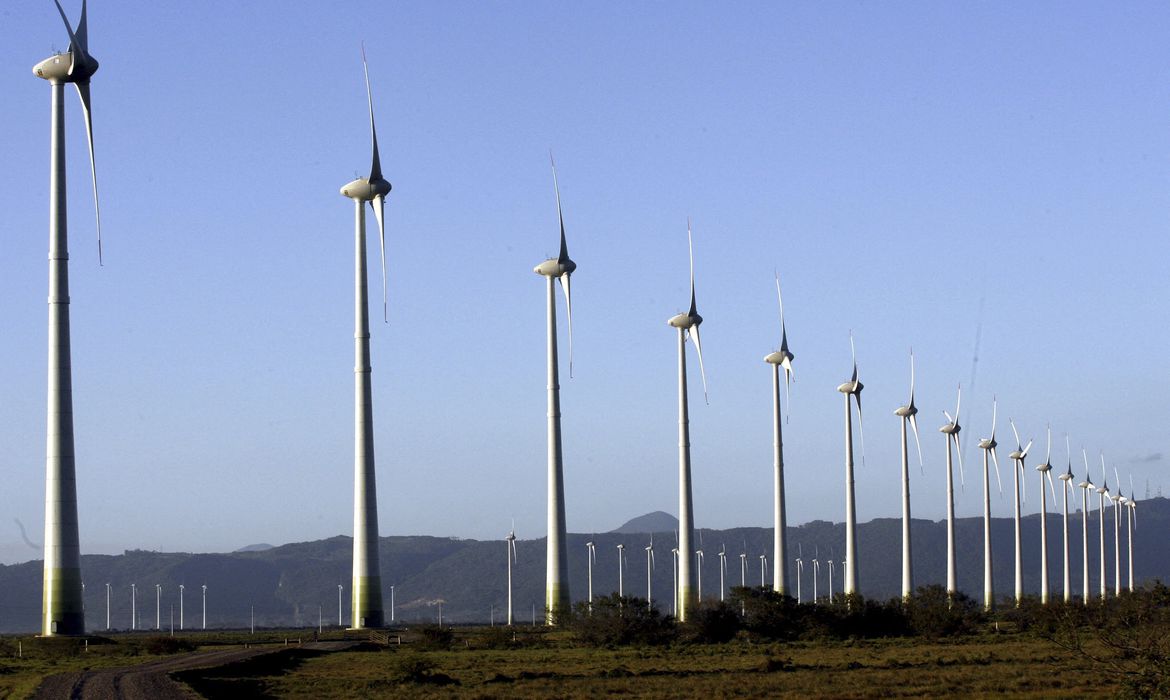New Horizons for Renewable Energy in Brazil and Mexico
New Horizons for Renewable Energy in Brazil and Mexico
Brazil and Mexico, identified by Bloomberg in 2023 as two of the top 15 most polluting countries in terms of energy emissions, face a crucial moment: is it necessary to shift to other forms of renewable energy? The transition towards renewable energies has become a fundamental pillar for sustainable development in Latin America, with Brazil and Mexico playing key roles in this process, both in their international context and in their trends towards a more sustainable world. Both countries are at a crossroads of opportunities and challenges, where fostering investments in clean energies and the development of specialized talent are crucial for their long-term competitiveness and sustainability. This article explores how investments in renewable energies are redefining the energy markets and the need to focus on the development of these industries.
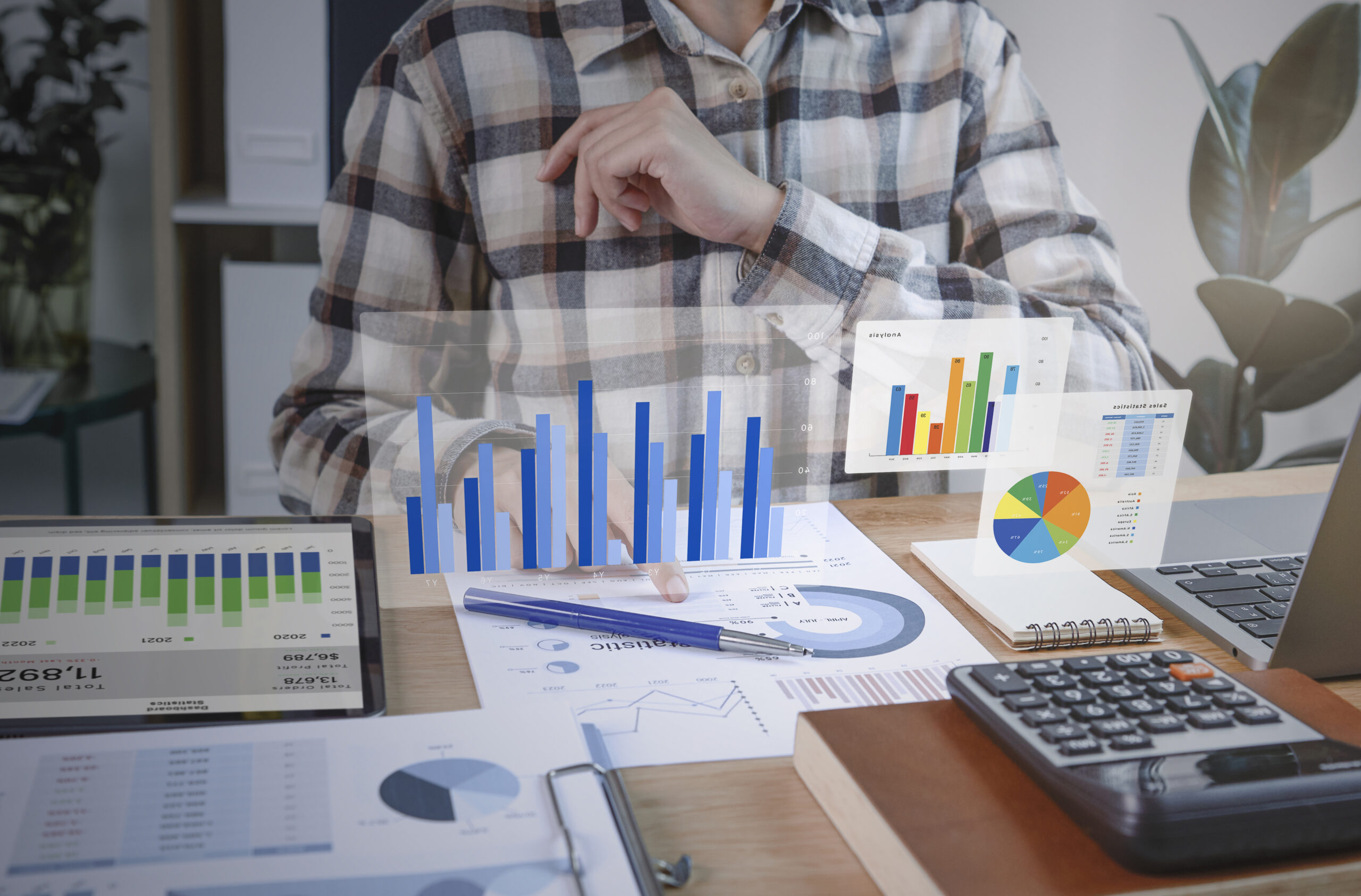
The transition towards renewable energies has become a fundamental pillar for sustainable development in Latin America, with Brazil and Mexico playing key roles in this process, both in their international context and in their trends towards a more sustainable world.






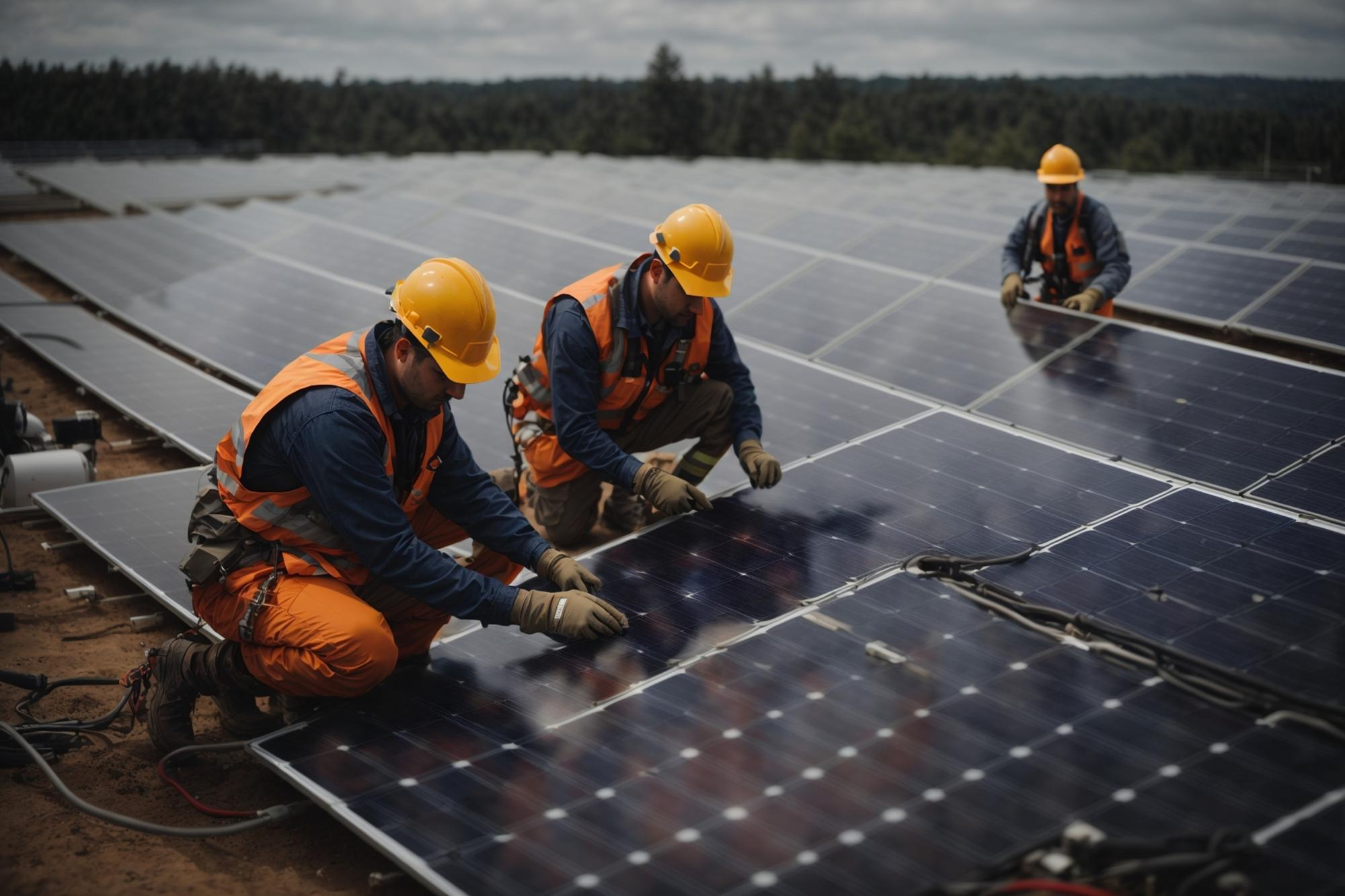





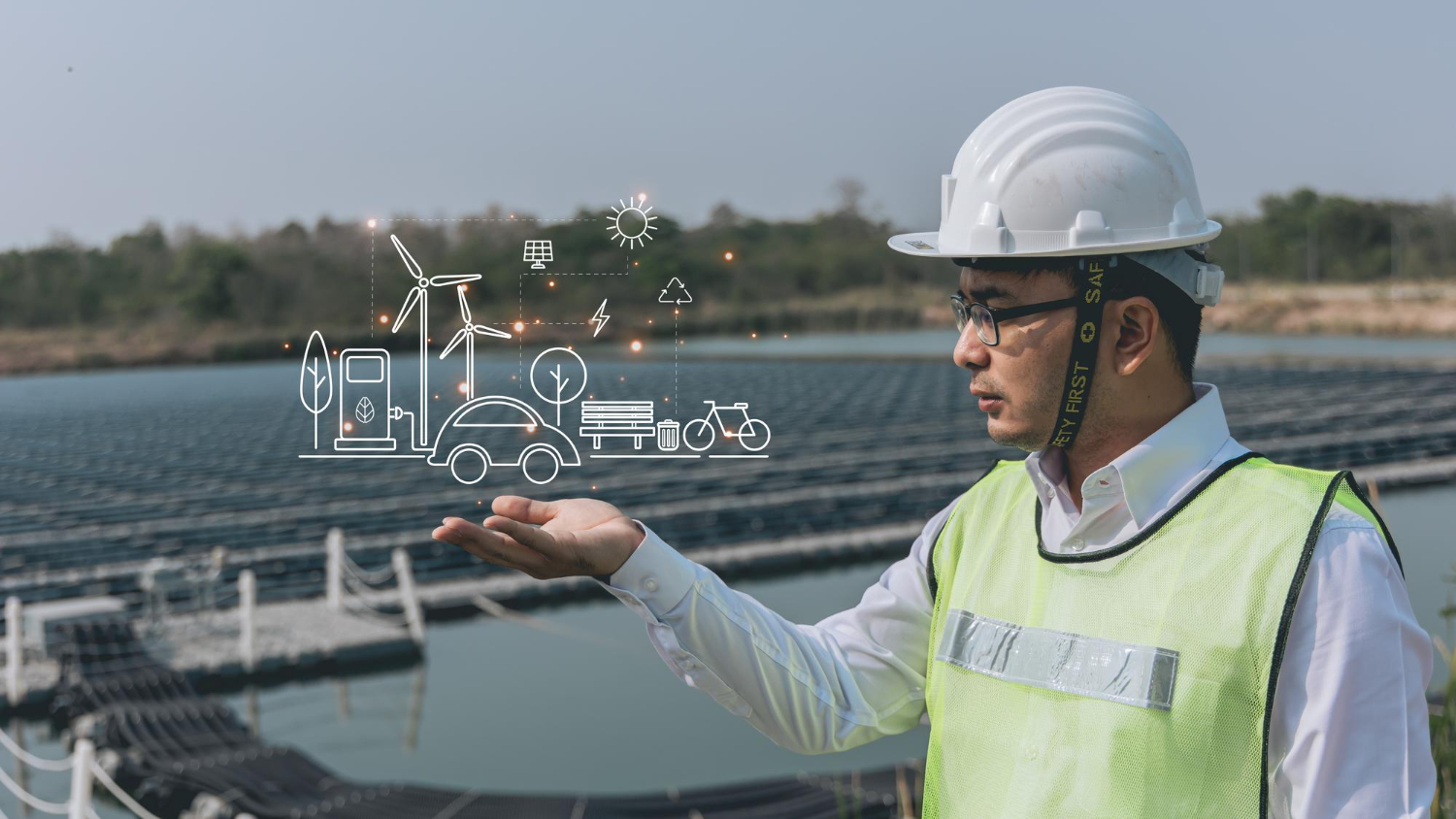






 This blog explores how recruitment practices can be a catalyst for changing this dynamic and why it is crucial for the future of the industry.
This blog explores how recruitment practices can be a catalyst for changing this dynamic and why it is crucial for the future of the industry.




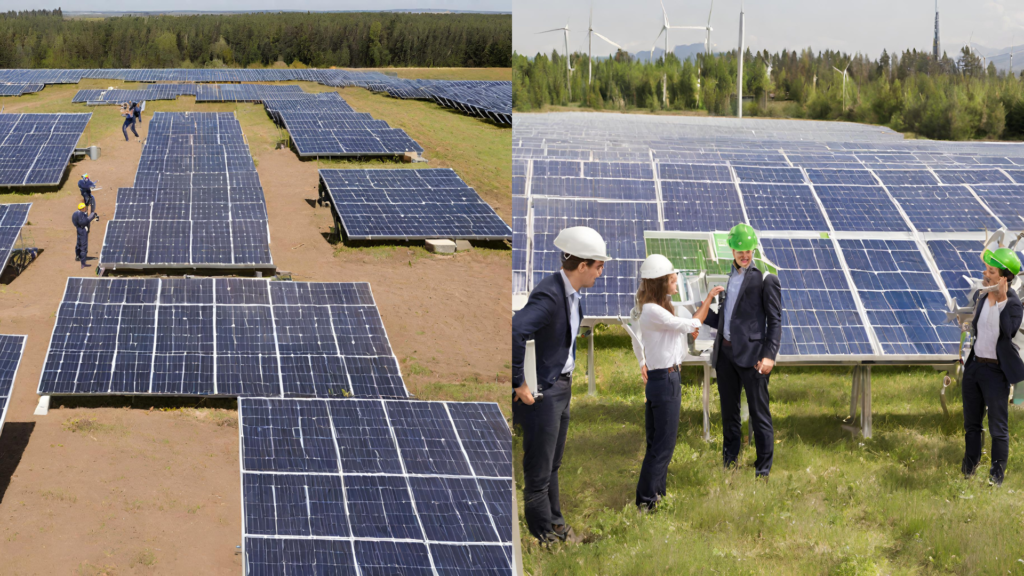
 In this blog, we present 4 main advantages of having a recruitment agency for your Renewable Energy company:
In this blog, we present 4 main advantages of having a recruitment agency for your Renewable Energy company:
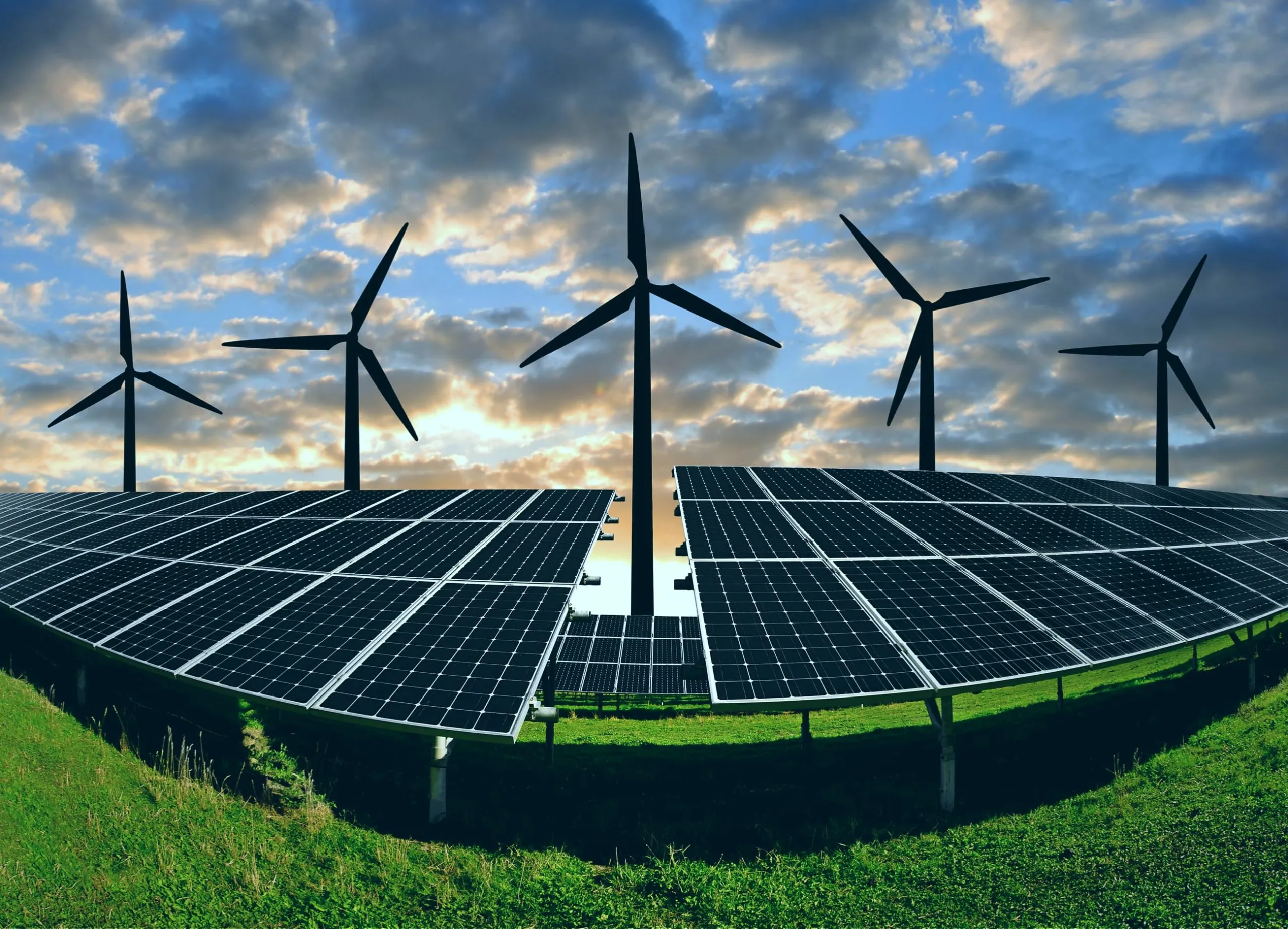


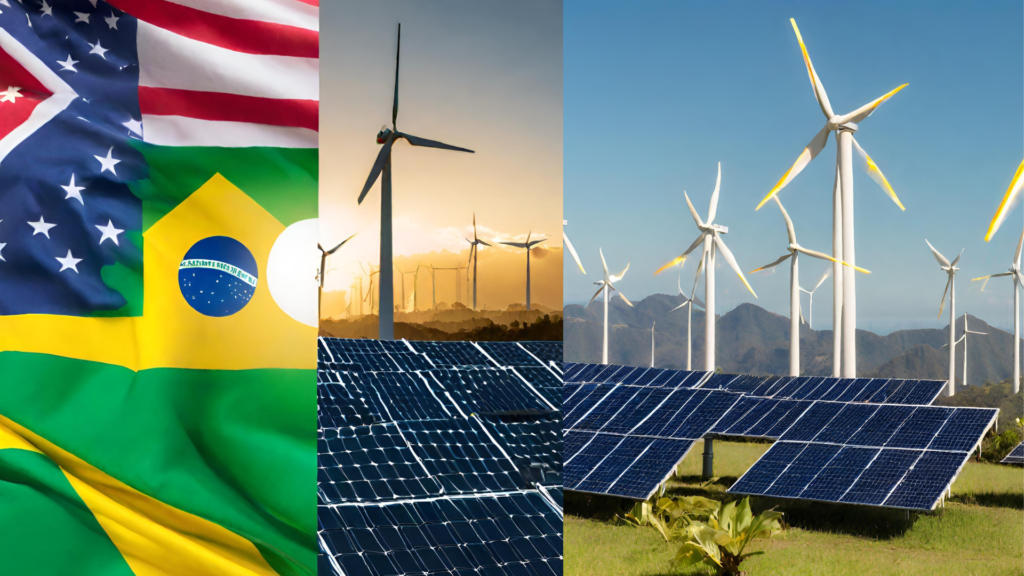
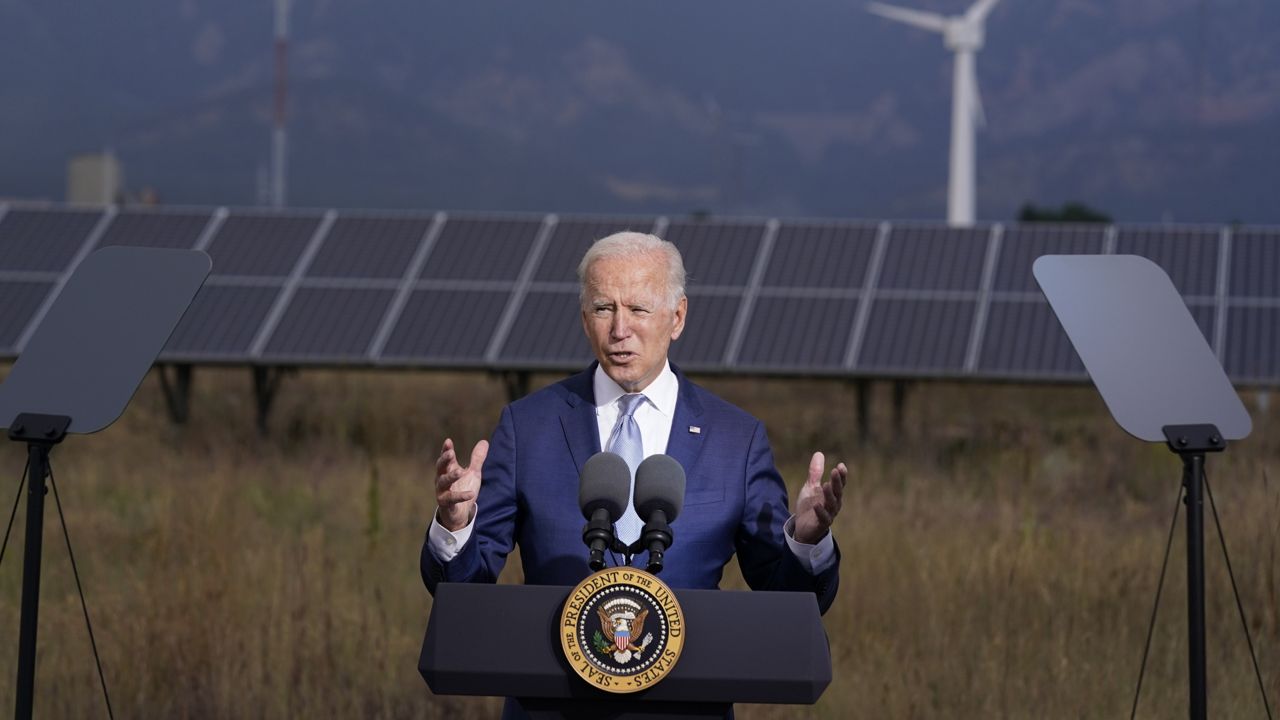
 The transition to renewable energies has created a demand for well-prepared professionals, both within and outside the United States, offering significant opportunities for professional and personal growth.
The transition to renewable energies has created a demand for well-prepared professionals, both within and outside the United States, offering significant opportunities for professional and personal growth.
